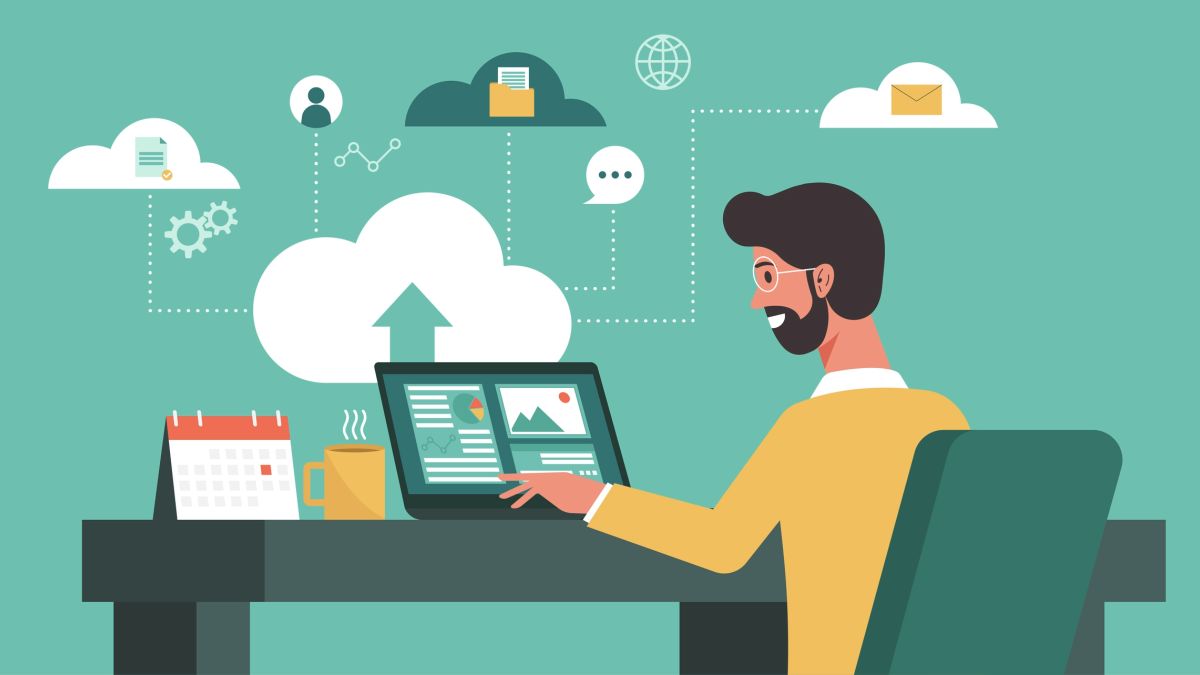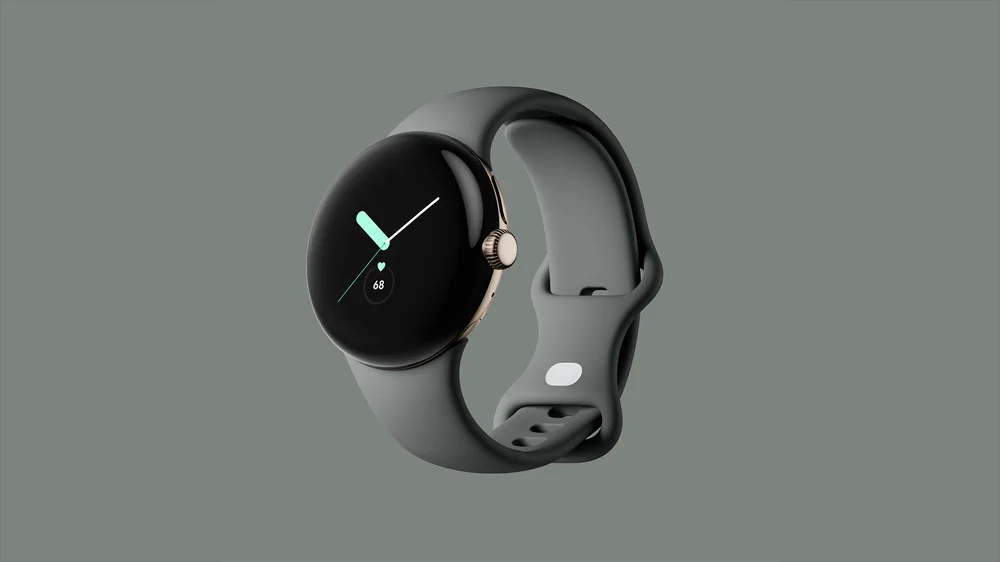Cybersecurity and teleworking: these are the tips I have followed to protect my computer

Teleworking has transformed the work dynamic, giving great comfort, forgetting about traffic jams or what clothes to wear and, above all, efficiency due to the comfort of your home, but not without its own problems, especially in the field of cybersecurity.
In this context, data protection and prevention of hacks have become crucial, especially if, as in my case, you use your own computer as a work instrument. In my case, I consult hundreds of websites and news every day, many of them in countless languages, not really knowing what I am getting myself into.
That is why after almost four years of teleworking, with the last two working at home 100% of the time, I have been looking for some expert advice and especially tricks to prevent my device from being hacked or that my data ends up where it shouldn’t.
In the end you must be aware that the responsibility falls on you and, if you use computers or other devices from your company, but since the department or employees dedicated to cybersecurity must always be present, it is your obligation to protect yourself.
These are the tips and tricks that I have followed to protect my devices now that I work remotely.
1. Virtual Private Network (VPN): Implementing a VPN will give you an additional layer of security by encrypting the connection. It is really important to protect sensitive data, so if you have a few euros a month, don’t hesitate to get one.
2. Constant updates: the regular updating of operating systems and software It is more than a routine task. These updates often contain vital security patches that act as barriers to potential threats. Don’t postpone them out of laziness.
3. Router security: many users must confess (myself included) that we do not usually change the WiFi password often or the one that comes by default on our router and it is a very important aspect to take into account.
We must change this default password from the beginning. And the longer a password is used, the greater the risk of it being hacked.
It doesn’t matter if it’s full of numbers, capital letters and punctuation marks, a good hacker can crack even the most secure password if given enough time, something you’ve been doing for years by keeping the same password.
4. Get a password manager: With accounts everywhere on my computer, I realized that maybe I wasn’t being as cautious as I should have been. For example, I have to admit that I have been saving my passwords in a note on my phone for a long time. And the truth is that if you want to lead by example, this is a disastrous idea.
In my case I use NordPass which is compatible with a wide range of devices and operating systems, from computers to mobile phones. This means you can access your passwords from anywhere and at any time, keeping your data protected at all times.

getty
5. Awareness about phishing and other types of attacks – continued education on phishing tactics is key. My general rule is not to click on links or download files from unknown or suspicious sources.
6. Monitoring for strange activity: Set alerts to detect unusual activity on your accounts and devices. A sudden increase in traffic or access from unusual locations could indicate an intrusion attempt. Google Chrome, for example, has this and other types of notice, as does the antivirus you use.
7. Security extensions in Chrome: Install security extensions in your Chrome browser. Tools like HTTPS Somewhere and uBlock Origin can improve protection while you use the Internet. In the same way, check which ones you have and if you see that there are many that you do not use, uninstall them.
8. Manage your Google history wisely: Perform conscious history management in your Chrome browser. Regularly delete history entries and delete cookies old from your browser. The cookies stored for a long time may contain obsolete information and represent a potential risk.
With all this, mention that security in teleworking is not a static task; It is an evolving process.. By adopting these specific tips and many others and maintaining a safety mindset, you will be better prepared for what may come. In the end, prevention and preparation are your great allies.



